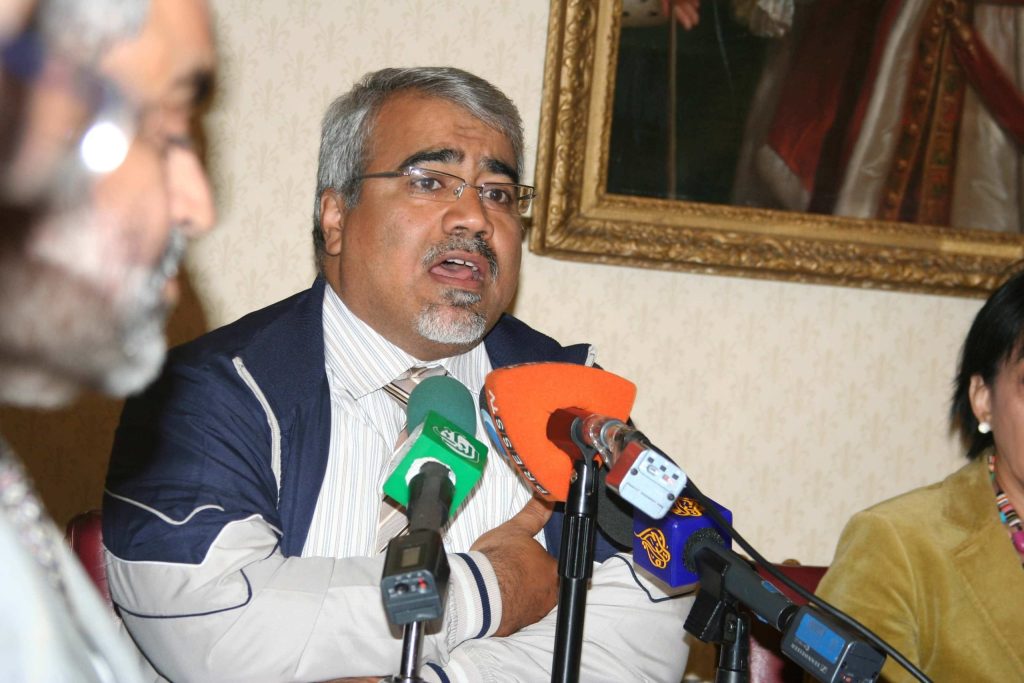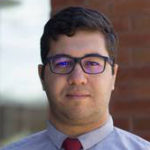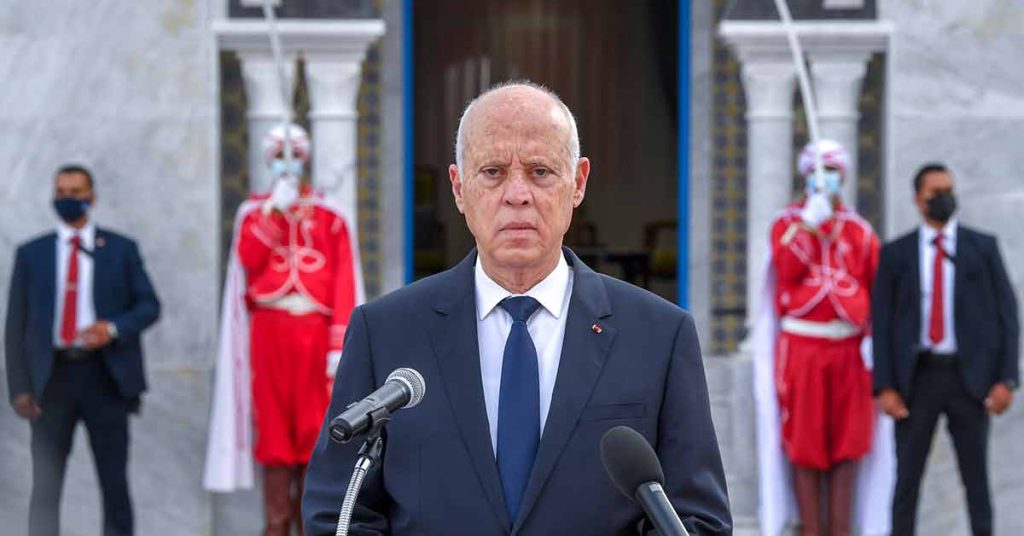







Human Rights Watch, Accountability Now, Daraj Media, the Tahrir Institute for Middle East Policy (TIMEP), and the Project on Middle East Democracy (POMED) are pleased to invite you to an online briefing to highlight domestic and international efforts to seek accountability for the Beirut blast two years on, focusing on the pathways to justice and the role that diverse actors are playing to dismantle impunity, from everyday citizens to investigative journalists and lawyers.
The Beirut blast – one of the largest non-nuclear explosions in history – was the result of decades of government mismanagement and corruption at the port. The explosion, which resulted from the detonation of tonnes of ammonium nitrate improperly stored for years at the port, pulverized the port, damaged over half the city, and killed at least 220 people.
Although Lebanese leaders vowed to swiftly investigate and hold those responsible to account, the domestic investigation into the August 4, 2020 explosion has failed to meet international standards and has been suspended since December 2021 due to political interference. Victims and survivors of the blast are now seeking accountability in the domestic courts of other countries. On July 11, 2022, a group of victims, supported by Accountability Now, filed a claim in Texas against a US company that entered into a series of highly profitable but suspicious contracts with the Lebanese government and which chartered the Rhosus, the vessel carrying the military-grade ammonium nitrate, to Beirut’s port.
This solutions-oriented discussion will address how accountability is being pursued tangibly and at various levels. It will underscore, for example, the role of investigative journalists in uncovering critical evidence, the ways in which evidence can be used to seek justice in courts globally and to challenge impunity via targeted sanctions, the advocacy efforts to organize victims and bring about an independent investigation through the UN Human Rights Council, and the domestic efforts to challenge systemic corruption written into law and practice at home.
Note: The briefing will be conducted in English with simultaneous Arabic translation.



In the aftermath of the controversial July 25 referendum on President Kaïs Saïed’s autocratic constitution, please join us for a conversation with two leading experts on Tunisia, Mohamed-Dhia Hammami and Monica Marks. The panel will discuss the conduct and legitimacy of the referendum, whether Saïed will succeed in his plans to install a new dictatorship, the landscape of opposition and resistance to Saïed, and what this all means for the country’s worsening economic conditions and its stability.

Mohamed-Dhia Hammami is a Ph.D. student in Political Science at Syracuse University’s Maxwell School of Citizenship and Public Affairs. He works on political, security and business elites in Tunisia. Mr. Hammami participated in the 2011 revolution, contributed to drafting the 2014 Constitution as a parliamentary assistant in the National Constituent Assembly, and wrote on corruption and other natural resources-related issues as a journalist and research consultant. Mr. Hammami received his BA from Wesleyan University. He previously studied mathematics at the University of Tunis and the University of Carthage.

Monica Marks is a professor of Middle East politics at New York University Abu Dhabi (NYUAD) and a scholar of Islamist movements, gender, and politics in the Middle East and North Africa. Her research focuses on broad topics across the region and beyond, but especially in regard to the tensions between pluralism and state power in the two countries where she’s lived longest: Tunisia and Turkey. Dr. Marks studied in Tanzania, Tunisia, and Jordan, and in Turkey as a Fulbright Scholar before completing her Masters and PhD at Oxford University where she was a Rhodes Scholar. Her PhD dissertation was an ethnographic study of post-2011 Tunisian politics based on over 1,200 in-country interviews.

Amy Hawthorne (moderator) is the Deputy Director for Research at POMED where she oversees the organization’s publications on Tunisia. Prior to her position at POMED, Amy served as Resident Senior Fellow with the Atlantic Council, where she worked on the U.S.-EU response to Tunisia’s democratization process, and as an appointee at the State Department, where she worked on U.S. policy toward Egypt and Tunisia following the 2011 uprisings.
